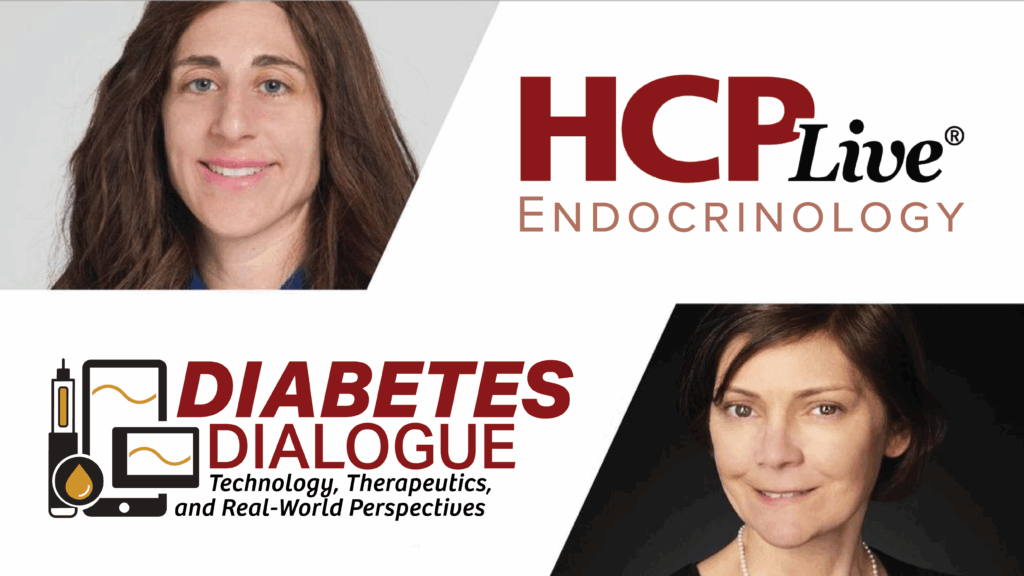
In a significant advancement for diabetes management, the new Dexcom G7 continuous glucose monitor (CGM) will officially launch on December 1, 2023. This device promises an extended wear time of 15 days, with a built-in 12-hour grace period for users. Alongside this launch, substantial price reductions have been announced for semaglutide products, specifically Ozempic and Wegovy, making these treatments more accessible.
The announcement was made during the latest episode of “Diabetes Dialogue: Technology, Therapeutics, and Real-World Perspectives,” hosted by Diana Isaacs, PharmD, and Natalie Bellini, DNP. Isaacs serves as the director of Education and Training in Diabetes Technology at the Cleveland Clinic, while Bellini directs the Diabetes Technology program at the University Hospitals Diabetes and Metabolic Care Center.
Details of the Dexcom G7 Launch
The Dexcom G7 sensor is designed to integrate seamlessly with existing diabetes management systems, maintaining the same form factor and accuracy that users expect. The device will initially be available through durable medical equipment channels, with pharmacy access expected to follow shortly thereafter. This upgrade aims to reduce the burden on users by minimizing the frequency of sensor changes, particularly beneficial as CGM adoption increases among primary care providers and individuals with type 2 diabetes.
At launch, the G7 will be compatible with Omnipod 5 and iLet, with further compatibility expected with Control-IQ+. The initial FDA clearance for the G7 is limited to adults aged 18 and older, though there are plans for pediatric expansion as post-market data becomes available.
A particular highlight of the G7 is its Smart Basal feature, which utilizes CGM-driven analytics to aid both clinicians and patients in adjusting basal insulin doses. This feature aims to improve the management of insulin titration, especially for glargine, by analyzing comprehensive glycemic patterns rather than relying solely on isolated fasting values. This innovative approach may significantly enhance care in primary settings, where under-titration of basal insulin is common.
Pricing Changes for Semaglutide
In addition to the Dexcom G7, major updates to the pricing of semaglutide have been introduced. New self-pay pricing allows patients to purchase Ozempic for $199 for the first two months, followed by $349 thereafter, marking a considerable reduction from previous cash prices. Wegovy pricing has been adjusted similarly across all dosages.
Despite ongoing affordability challenges for many patients, Isaacs and Bellini view these price reductions as a substantial improvement. They bring U.S. pricing closer to international standards, potentially expanding access for individuals who may not qualify for traditional insurance coverage or patient assistance programs. The hosts also discussed updated criteria for assistance programs, the availability of copay cards, and similar price reductions for tirzepatide’s Zepbound starter dose.
The discussion further delved into practical considerations for pharmacies, the dynamics of insurance, and the logistics of cash payments. Both hosts expressed optimism about the simplified access and potential for broader uptake of these diabetes management tools.
In conclusion, the advancements presented by the Dexcom G7 and the pricing changes for semaglutide highlight a promising future for diabetes management. These developments may lead to improved outcomes for patients through enhanced technology and more accessible therapeutic options.
Relevant disclosures for Isaacs include affiliations with Eli Lilly and Company, Novo Nordisk, Sanofi, Abbott Diabetes Care, Dexcom, and Medtronic. Bellini’s disclosures include ties to Abbott Diabetes Care, MannKind, and Provention Bio.






